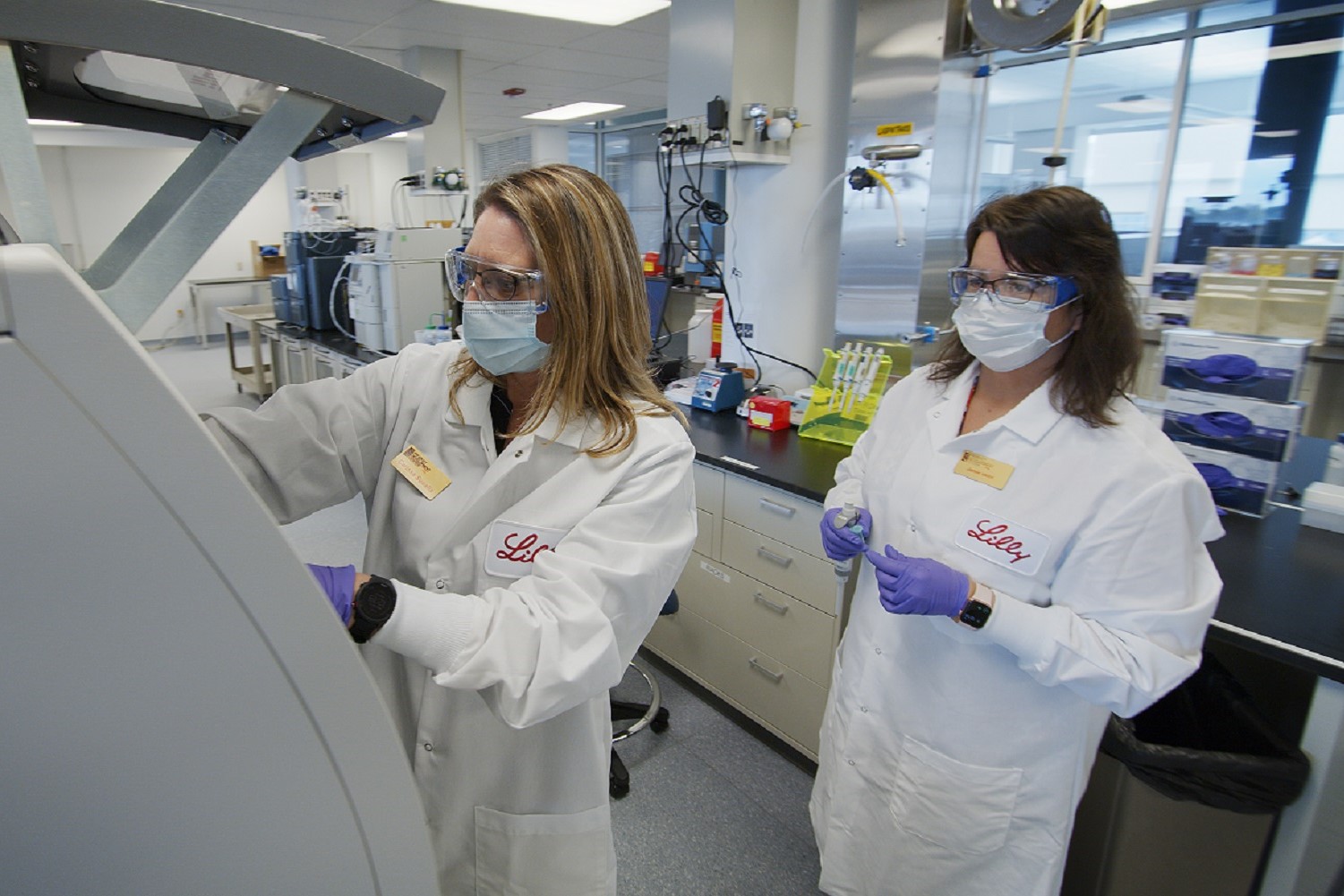A year ago we wrote about hospital systems starting to take greater ownership of physician inventions, with intellectual property rights now defined in employment agreements, even for non-research hospitals. A recent legal case has further cemented the constraints for innovative physicians.
According to the Boston Globe, a state superior court judge has thrown out a complaint lodged by a Massachusetts General Hospital (MGH) urologist who challenged the hospital’s policy denying him ownership of inventions he discovered on his own time at home.
The judge wrote that Dr. Joseph Grocela reaps benefits from the MGH hospital and in return he has agreed to contribute to objectives of the urology department, which includes patenting medical ideas. The judge specifically stated, “This kind of quid pro quo underlies almost every professional association.”

With the Rise of AI, What IP Disputes in Healthcare Are Likely to Emerge?
Munck Wilson Mandala Partner Greg Howison shared his perspective on some of the legal ramifications around AI, IP, connected devices and the data they generate, in response to emailed questions.
Dr. Grocela developed various medical ideas in his home basement, but a top hospital licensing official communicated to him that MGH “owns” all his ideas. The legal ruling has far reaching implications by holding that MGH owns any inventions doctors conceive using knowledge acquired during association with its hospital.
The takeaway for inventive doctors is to:
1. Review employment agreements with your personal legal counsel to ensure that intellectual property ownership language is equitable
2. Maintain active communication with your hospital technology transfer or licensing office to clarify actions and status on your inventions
3. When interacting with potential licensing or co-development companies, make sure that hospital administrators have reviewed any legal documents between yourself at the outside party
4. Request your hospital put in writing those ideas they are not interested in pursuing and ask the administration to allow you to own those inventions and develop those products separate from the hospital.
Although this ruling may be overzealous and could be overturned on an appeal, the results highlight the need for inventive physicians to proactively manage their ideas to avoid surprises late in the game.
[Photo courtesy of Flickr user Truthout]
Healing Innovation is a resource for clinician innovators. The main site - HealingInnovation.com - provides an overview of the various aspects and issues facing clinician innovators.














